Jakarta, MINA – Indonesian President Joko “Jokowi” Widodo received a visit by the President of Iran Seyyed Ebrahim Raisi at the Bogor Presidential Palace, West Java on Tuesday. During the meeting, the two discussed global geopolitics and strengthening bilateral cooperation, including agreeing to continue to support the struggle of the Palestinian people.
“We agreed to continue to support
the struggle of the Palestinian people,” said President Jokowi in a press conference with the President of Iran at the Bogor Presidential Palace, West Java on Tuesday.
In addition, Jokowi and Raisi agreed to overcome the humanitarian crisis in Afghanistan by continuing to voice access to education for women and providing humanitarian assistance.
On that occasion, Jokowi also mentioned the cooperation between the two countries in the fields of economy, health and technology.
Also Read: Hundreds Rally in Stockholm to Condemn Israeli Attacks and Ceasefire Violations in Gaza
Regarding health, the two countries discussed pilot projects for robotic surgery, pilot projects for telemedicine, and collaboration of telemedicine tools in 11 existing Community Health Centers.
Jokowi also conveyed cooperation in technology transfer, collaboration in biotechnology and nanotechnology for health, energy, agriculture and the environment.
In the economic field, Indonesia and Iran have signed a Preferential Trade Agreement (PTA). With this agreement, Jokowi hopes that trade between the two countries can increase.
Jokowi and Raisi are also exploring business-to-business agreements, investing in the development of the Archipelago Capital City (IKN) and investment solutions in the oil and gas sector.
Also Read: Mass Protests Erupt in Bologna Against Israeli Teams Ahead of EuroLeague Match
Regarding railway signal technology, Jokowi hopes that Iran and Indonesia will work together by conducting joint research on technology transfer and assembly.
During the meeting of the two heads of state, Indonesia and Iran also signed a number of memorandums of understanding (MoU).
The MoU includes eradicating the illicit traffic of narcotics, psychotropic substances and their precursors; trade preference approval; science, technology, and innovation; halal product guarantee; as well as the development of the energy sector.
In addition, they also agreed on an MoU on regulations in the fields of pharmaceutical, biological, cosmetic and processed materials; visa exemption for holders of diplomatic and service passports; administrative assistance in the field of customs; trade promotion; and cultural exchange programs. (L/RE1)
Also Read: UN Warns of Rapidly Worsening Humanitarian Crisis as Over 100,000 Flee Violence in Sudan
Mi’raj News Agency (MINA)






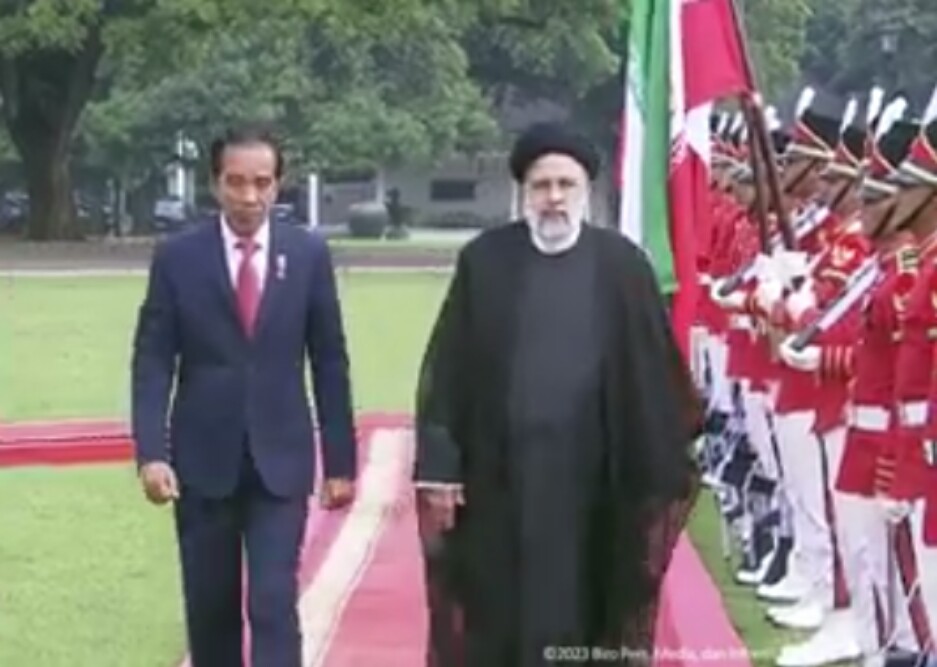

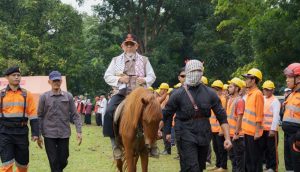
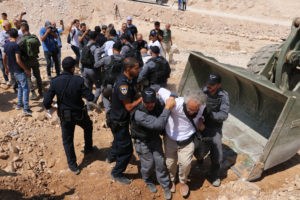
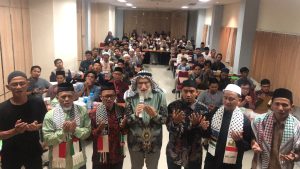
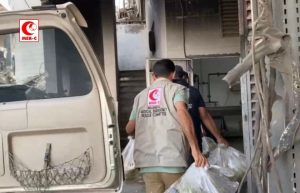



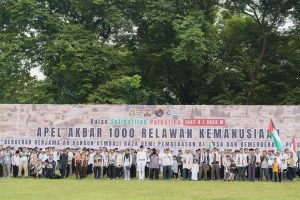
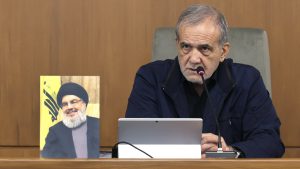
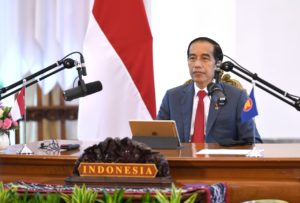
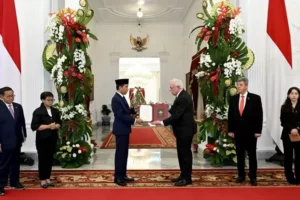
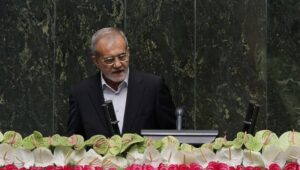
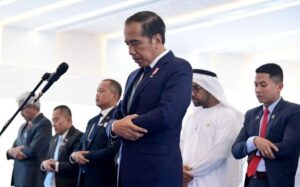














 Mina Indonesia
Mina Indonesia Mina Arabic
Mina Arabic